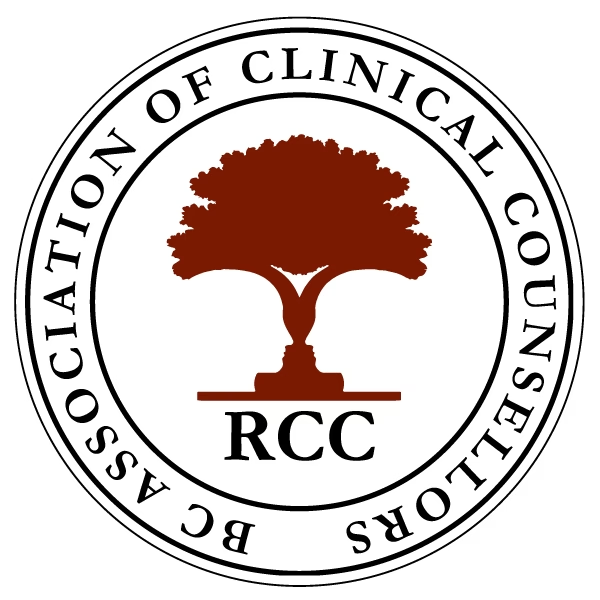Trauma, whether big or small, can stay with us in ways we might not fully realize. The memories of it may live on in our right brain and our body, triggering us through reminders in the form of symbols, flashbacks, sensory information from our 5 senses, and our dreams. If trauma isn’t processed and healed, it can contribute to feelings of overwhelm, hopelessness and depression.
Tuning in to Your Symptoms
It can help to think of your depressive symptoms as messages from your subconscious. The messages are signals that something in you needs attention and healing! For example, a common symptom is feeling overly tired, like every little thing takes too much effort. The message of this symptom might be that your nervous system wants you to slow down and take time out of your life to address and heal the pain. By approaching these symptoms with curiosity, you can begin to understand what they might be trying to tell you. Reflect on your family history and past experiences to gain insight into why you might be feeling this way. Journalling can be a helpful tool in this exploration.
Practical Strategies to Cope with Depression
- Exercise: Incorporate cardio exercise into your daily routine, preferably in the morning and in natural sunlight. A brisk walk or run for a minimum of 30 minutes daily can significantly improve your mood.
- Savour the Positive: Take time to pause, notice and appreciate good moments throughout your day. Reflect on these positive experiences and allow yourself to fully enjoy them. Ground yourself in your 5 senses and allow yourself to receive the good moments into your heart and body. This practice can help shift your focus away from negativity.
- Gratitude Practice: Write down a minimum of three things for which you’re grateful at the end of each day. This simple act can rewire your brain to notice more of the positives and create a sense of momentum.
- Name It to Tame It: Regularly check in with yourself to identify, name and understand your feelings. For example, “What’s going on with me? Hmm, I’m feeling anxious because I’m worried about being judged.” Naming your emotions can help reduce their intensity and provide a sense of relief. Your inner self wants to be heard.
- Connect with Loved Ones: Engaging with trusted friends or family through eye contact, hugs, talking or just being together can provide emotional support and comfort. Daily human connection is crucial for our well-being.
Seeking Professional Support
If you’re struggling with depression, it is helpful to combine therapy and physical exercise. Some people choose to take medication if depression is impacting day-to-day functioning, but that is a conversation between you and your doctor. Experiential or body-based therapies such as Inner Child work or EMDR (Eye Movement Desensitization and Reprocessing) can be particularly beneficial for processing past traumas and reducing the impact of depression.
Moving Forward with Compassion
Remember, depression is not “all in your head” or something you simply “snap out of.” It’s a complex condition that deserves compassion and understanding. Facing it with kindness and curiosity can make a significant difference. If you’re ready to explore strategies and support to manage your depression, please press the “Book a Consultation” button in the above header. Together, we can work towards a brighter, more fulfilling path forward.

